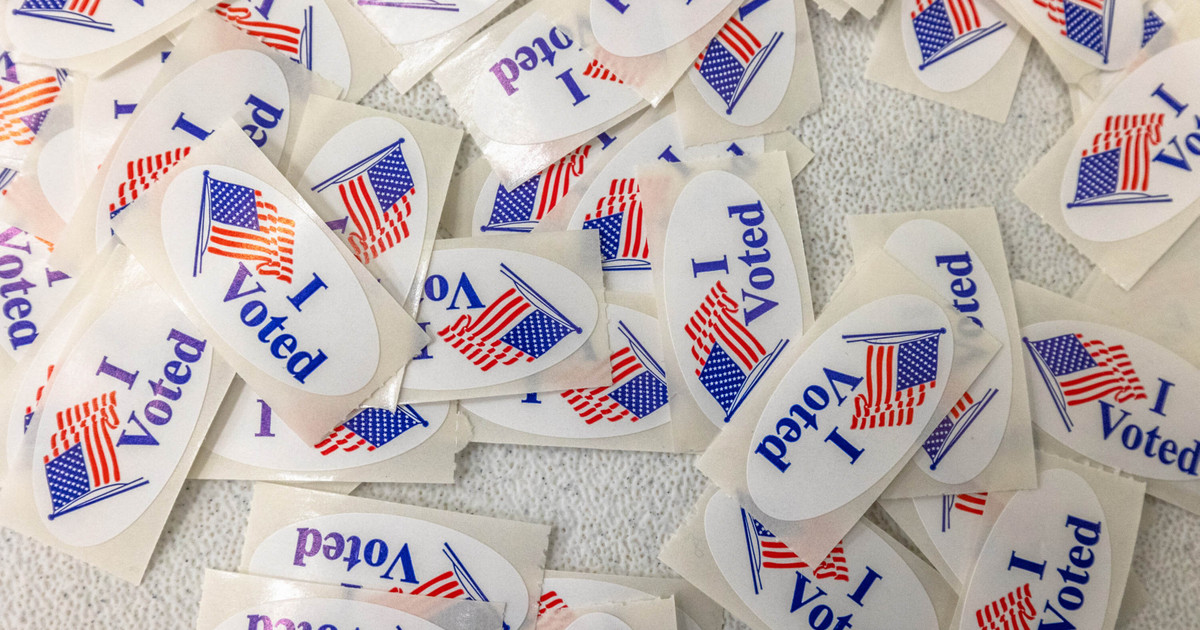Prompted by ProPublica’s examination of efforts by right-wing activists to invalidate ballots, Democrats in North Carolina have introduced legislation aimed at safeguarding ballots from being discarded based on rule changes occurring after elections.
The Voter Protection and Reliance Act was filed recently in the North Carolina House. It mandates that ballots cast in state elections must be counted according to the laws and procedures existing on Election Day. The bill also stipulates that ballots cannot be discarded due to technical or clerical errors in voter registrations.
ProPublica previously reported that before the 2024 election, activists in North Carolina, along with members of the Election Integrity Network—a national group led by a lawyer involved in former President Donald Trump’s unsuccessful attempts to overturn the 2020 election—discussed filing protests against voters with incomplete registration information to potentially overturn close election losses.
The strategy discussed during these calls, as captured in a recording obtained by ProPublica, was later utilized by Republican Court of Appeals Judge Jefferson Griffin. Griffin challenged his 734-vote loss to Democrat Allison Riggs for a seat on the state’s Supreme Court by leveraging this strategy.
Phil Rubin, a Democratic House member and primary author of the proposed bill, stated that ProPublica’s reporting revealed pretexts for election challenges being exploited in advance. He criticized Judge Griffin for attempting to retroactively exploit these issues to overturn his electoral defeat, explaining that the law seeks to prevent future abuses and ensure candidates act in voters’ interest.
Paul Shumaker, a spokesperson for Griffin, stated he could not comment on Rubin’s statements, his proposed legislation, or ProPublica’s questions due to North Carolina’s Code of Judicial Conduct. This code prohibits judges and judicial candidates from expressing positions on matters that could later come before the court, as any enacted legislation would be subject to judicial review.
The Republican-majority North Carolina Court of Appeals recently ruled to discount approximately 60,000 ballots in the Supreme Court race due to missing Social Security and driver’s license information, unless voters provided that missing information within 15 working days. This decision has been temporarily paused until the state’s Supreme Court reviews the matter.
At the time of the election, voters could cast ballots without those specific details, in accordance with existing state election rules. Additionally, military members were permitted to submit absentee ballots without photo ID. The absence of Social Security and driver’s license information in many voter registrations was often due to administrative errors rather than voter mistakes, as a registration form did not mandate these identifiers.
Nevertheless, the appeals court judged that the state election board should have required such information. Analyses indicate that Griffin’s challenges disproportionately affect Democrats and minorities, potentially altering election outcomes by excluding these voters.
Rubin’s bill also proposes that any litigation relating to elections should be expedited by North Carolina courts, enabling candidates to address issues before rather than after elections.
Despite criticism directed at Griffin’s challenges by some Republicans in North Carolina and nationwide, the bill, backed by Democrats, faces doubtful prospects in the GOP-controlled legislature. Mitch Kokai, a senior political analyst with the John Locke Foundation, a conservative think tank, remarked that the bill seemingly represents a Democratic stance on how the Griffin-Riggs election should have been resolved, rather than indicating practical effects.
Requests for comment from North Carolina’s governor and legislative leadership went unanswered. Rubin suggested that although the bill addresses issues specific to North Carolina, it might serve as a model for other states to follow.
“The tactics witnessed may not be confined to North Carolina,” Rubin noted at a press conference arranged by the Democratic National Committee and North Carolina Democratic Party concerning the Supreme Court case litigation, where he introduced the bill.
The Election Integrity Network operates chapters in numerous swing states and collaborates with several national conservative organizations. The leader of the North Carolina chapter did not respond to requests for comment or to emailed questions.
